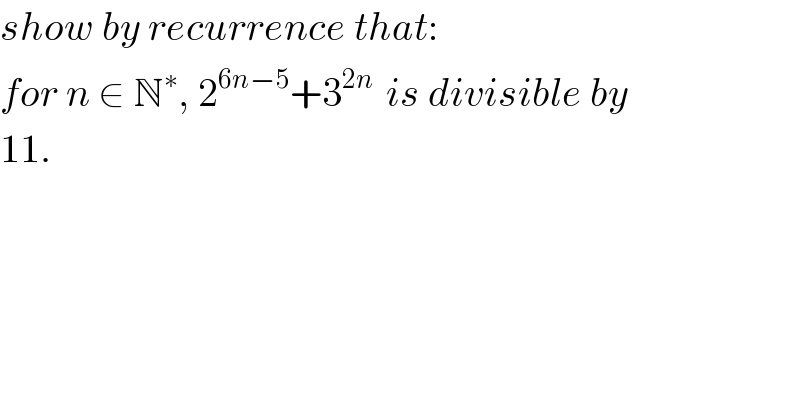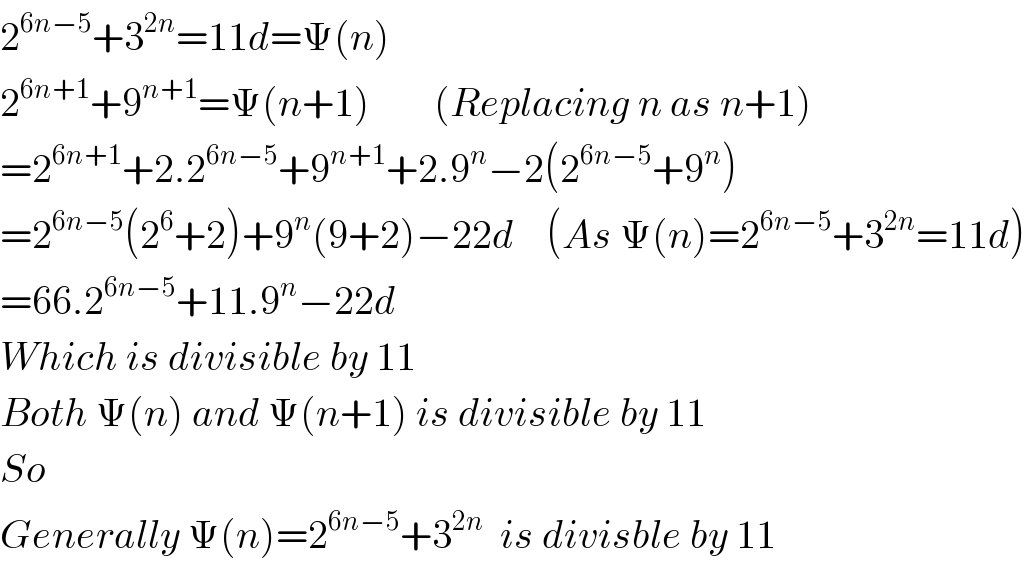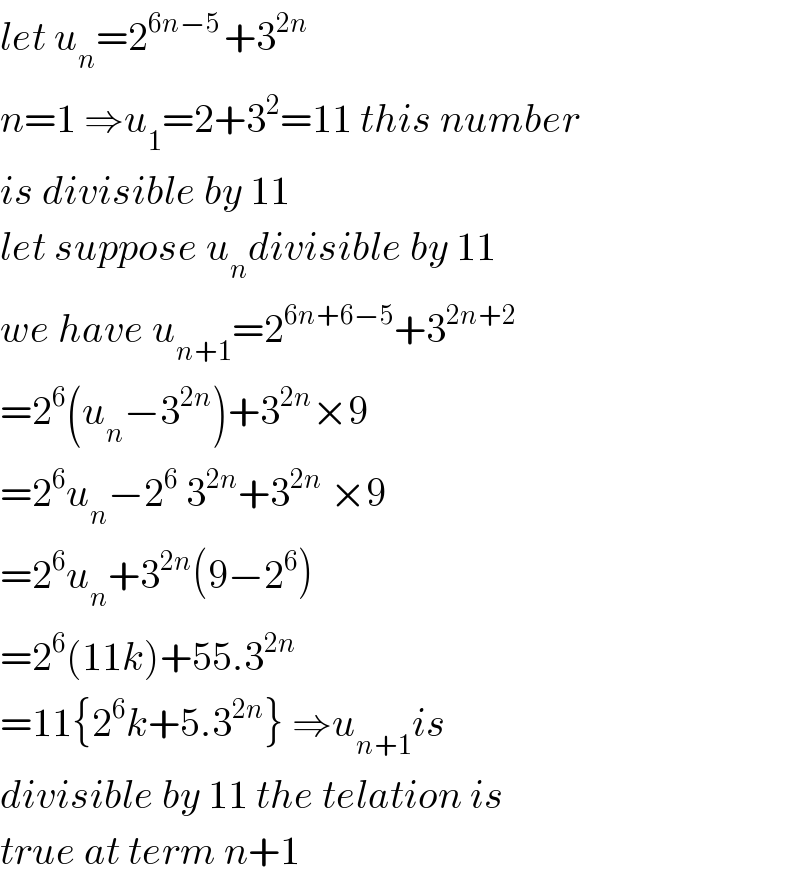
Question and Answers Forum
Question Number 118936 by mathocean1 last updated on 20/Oct/20

Answered by Dwaipayan Shikari last updated on 20/Oct/20

Answered by Bird last updated on 21/Oct/20

Answered by mathocean1 last updated on 21/Oct/20

| ||
Question and Answers Forum | ||
Question Number 118936 by mathocean1 last updated on 20/Oct/20 | ||
 | ||
Answered by Dwaipayan Shikari last updated on 20/Oct/20 | ||
 | ||
| ||
Answered by Bird last updated on 21/Oct/20 | ||
 | ||
| ||
Answered by mathocean1 last updated on 21/Oct/20 | ||
 | ||
| ||